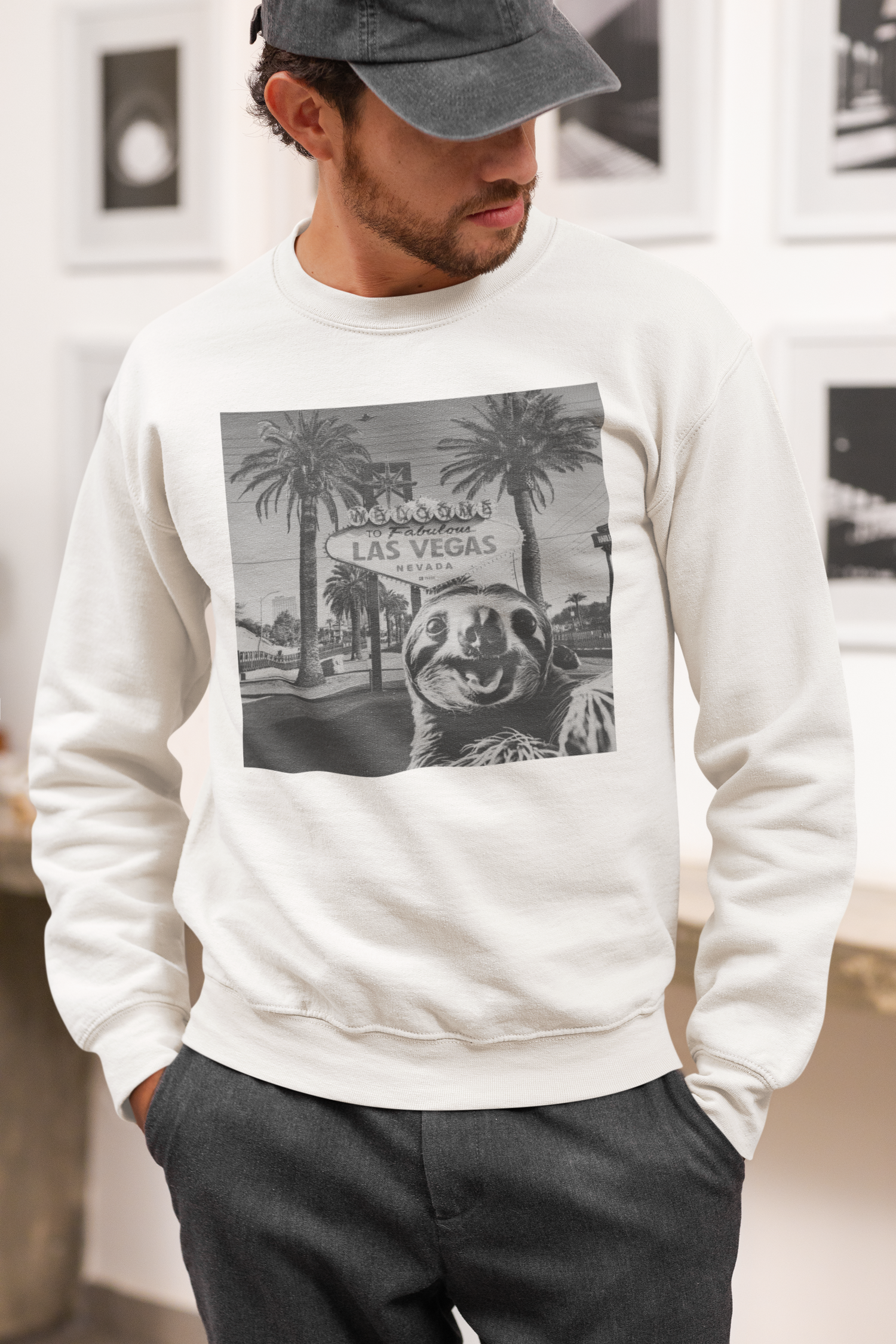Meet the Sloth's Cousins: Other Creatures Living Life in the Slow Lane
Share
When it comes to leisurely living, the sloth is the crowned monarch of chill. But our beloved slowpokes aren’t the only animals embracing life at a slower pace. Across the globe, several other species have evolved to take things easy—yet many of them face the same risks and misconceptions as sloths. Today we celebrate creatures committed to the slow life, and explore why their pace makes them especially vulnerable.
1. Koalas – The Sleep Champions of the Trees
Koalas sleep up to 22 hours a day, fueled by a low-energy eucalyptus diet. Their slow energy use is survival, not laziness.
2. Manatees – The Gentle Giants of the Water
These gentle “sea cows” glide through warm waters at a leisurely 3–5 mph. Their docile nature and low buoyancy make them susceptible to injuries.
Read about manatee conservation
3. Giant Pandas – Black and White Icons of Chill
Spending up to 16 hours a day chewing bamboo, pandas live a low-key life due to their low-nutrient diet and inherently low metabolism.
4. Galápagos Tortoises – The Original Slow Icons
These giants have life spans over 100 years and move at less than 0.3 km/h, making them icons of patience and longevity.
Galápagos conservation info (IFAW) | Galapagos.org restoration efforts
5. Sea Turtles – Navigators of the Open Ocean
Sea turtles spend most of their lives moving with slow, steady rhythm—ideal for migration and nesting.
6. Slow Lorises – The Adorably Toxic Tree Dwellers
These nocturnal primates blend camouflage with mythic slowness—and deliver a surprisingly potent venomous bite.
Why Protecting the Slow Matters
Each species here has adapted to slow-moving survival—but that lifestyle also makes them susceptible to habitat loss, human conflict, and environmental change. Protecting slow animals isn’t just about preserving charm—it’s about supporting ecological balance and honoring biodiversity.
What You Can Do to Help
- Support reputable conservation groups like WWF, Sloth Conservation Foundation, Save the Manatee Club.
- Reduce single-use plastic—sea turtles and marine life carry the cost.
- Spread awareness that slow pace is a strength, not a flaw.
- Choose bilaterally ethical content—avoid footage of wildlife taken out of context or out of nature.
- Shop consciously—order made-to-ship gear, reduce your footprint, and support slow-living ethics.

